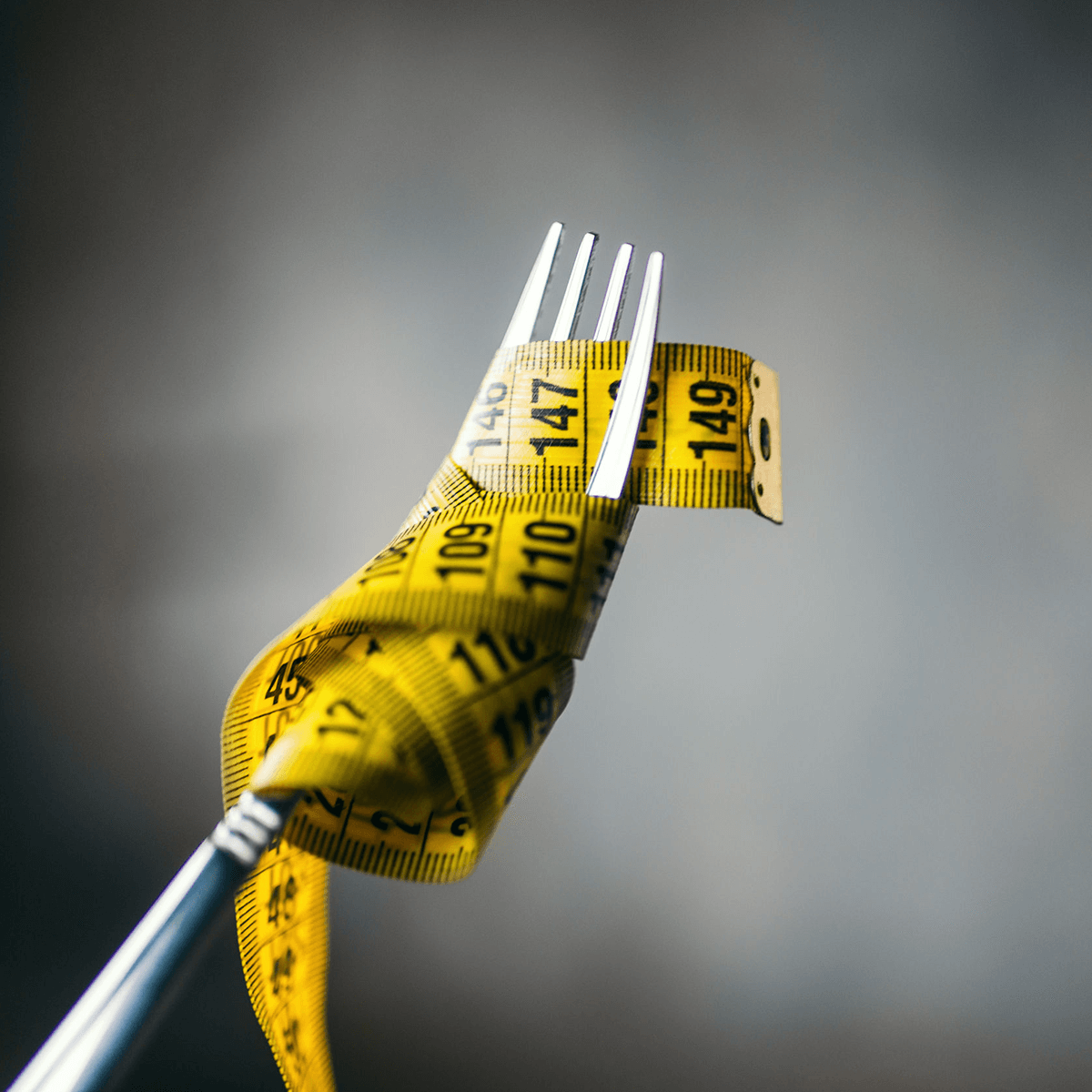Eating Disorders After Bariatric Surgery
Lifestyle
April 1st, 2021

Bariatric surgery does not treat food addiction. This statement might be a revelation to some, but it's also the title of a book by Dr. Connie Stapleton, Ph.D. According to Dr. Stapleton, "Food addiction is often undiagnosed and can sabotage even the best efforts to lose weight and keep it off. Food addiction is a disease separate from the disease of obesity. If food addiction is present and untreated, it will overtake efforts to treat the obesity, resulting in ongoing medical comorbidities, hopelessness, and frustration."1
Like food addiction, other eating disorders can be common among bariatric patients. A study that assessed rates of eating disorders among those with a BMI less than 40 found that although women are as much as 3 times more likely than men to suffer from any eating disorder, men and women were equally likely to experience binge eating.2
Binge Eating Disorder
What exactly is binge eating disorder? Beyond eating large quantities of food in a short period of time, clinical binge eating is accompanied by a sense of losing control and occurs at least once a week for at least 3 months.3 In conservative estimations, 10% of bariatric patients meet the criteria for binge eating disorder—compared to 1.2% in the whole population.3 This is one of the reasons pre-operative psychology evaluation is so important for bariatric patients.
Factors to Consider
Here are 5 factors to consider for those who have had bariatric surgery, are thinking about it, or are losing weight non-surgically:4
- Be honest. Patients may be afraid of being disqualified from surgery if they admit to experiencing disordered eating. However, treatment for eating disorders preoperatively is not an automatic disqualification and will lead to better outcomes after surgery.
- Research the team. The care team should have a variety of professionals to cover all the patient’s needs, including cognitive behavioral therapists to address mental health concerns.
- Support groups. Attending support groups regularly improves success, both with weight loss and food relationships. A support group is often the best way to maintain regular contact with a registered dietitian, nurse, or coordinator.
- Embrace change. Taking that first step towards getting help is not easy, but embracing behavior change is needed for long-term health and wellness.
- Self-compassion. Obesity often comes with feelings of self-loathing, remorse, guilt, and shame, none of which are erased with surgery. Finding self-compassion helps alleviate these feelings along the journey.
While bariatric surgery can treat obesity, diabetes, high blood pressure, orthopedic concerns, and more, these physical conditions often take the spotlight, while eating disorders and mental health are ignored. Take care in addressing eating disorders after bariatric surgery. As Dr. Stapleton put it in her book, “weight loss surgery does not treat food addiction.”
References:
- Stapleton, C. (2017). Weight loss surgery does not treat food addiction. Atlanta, GA: Mind Body Health Services.
- Hudson, J. I., Hiripi, E., Pope, H. G., & Kessler, R. C. (2007). The Prevalence and Correlates of Eating Disorders in the National Comorbidity Survey Replication. Biological Psychiatry, 61(3), 348-358. doi:10.1016/j.biopsych.2006.03.040
- Brode, C. S., & Mitchell, J. E. (2019). Problematic Eating Behaviors and Eating Disorders Associated with Bariatric Surgery. Psychiatric Clinics of North America, 42(2), 287-297. doi:10.1016/j.psc.2019.01.014
- 5 Ways to Reduce the Risk for an Eating Disorder Post-Bariatric Surgery. (2018, September 10). Retrieved from https://www.waldeneatingdisorders.com/blog/5-ways-to-reduce-the-risk-for-an-eating-disorder-post-bariatric-surgery
Calcium Citrate Soft Chews

$34.99
Level up your calcium intake with our delicious Calcium Citrate Soft Chews. Specially formulated for post-bariatric patients, these calcium chews provide a convenient and enjoyable way to meet your daily calcium needs. Each chew is packed with essential calcium citrate… read more



